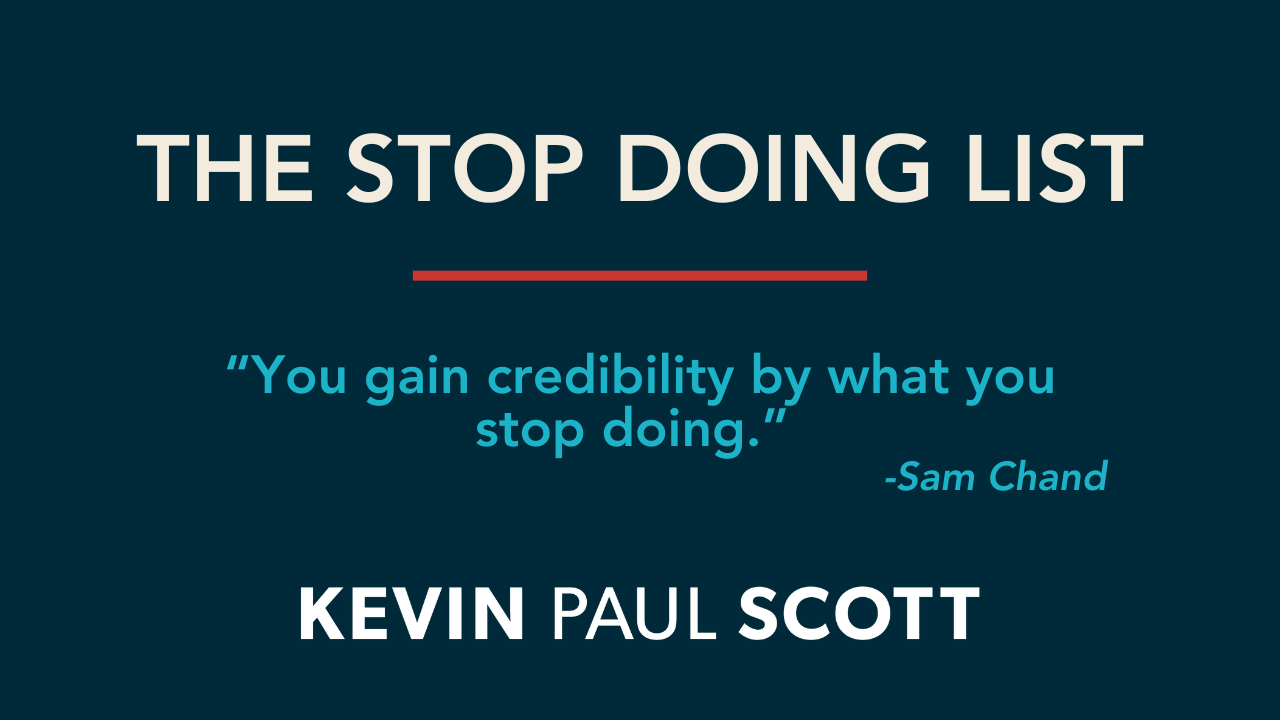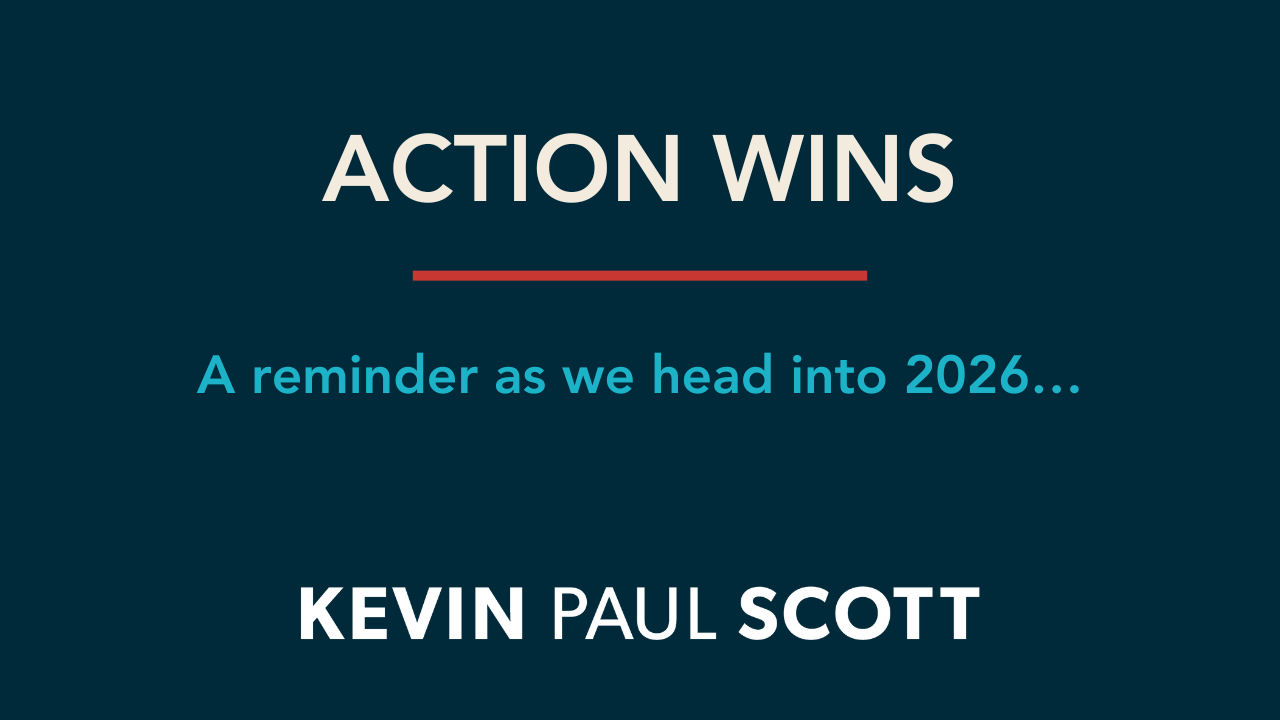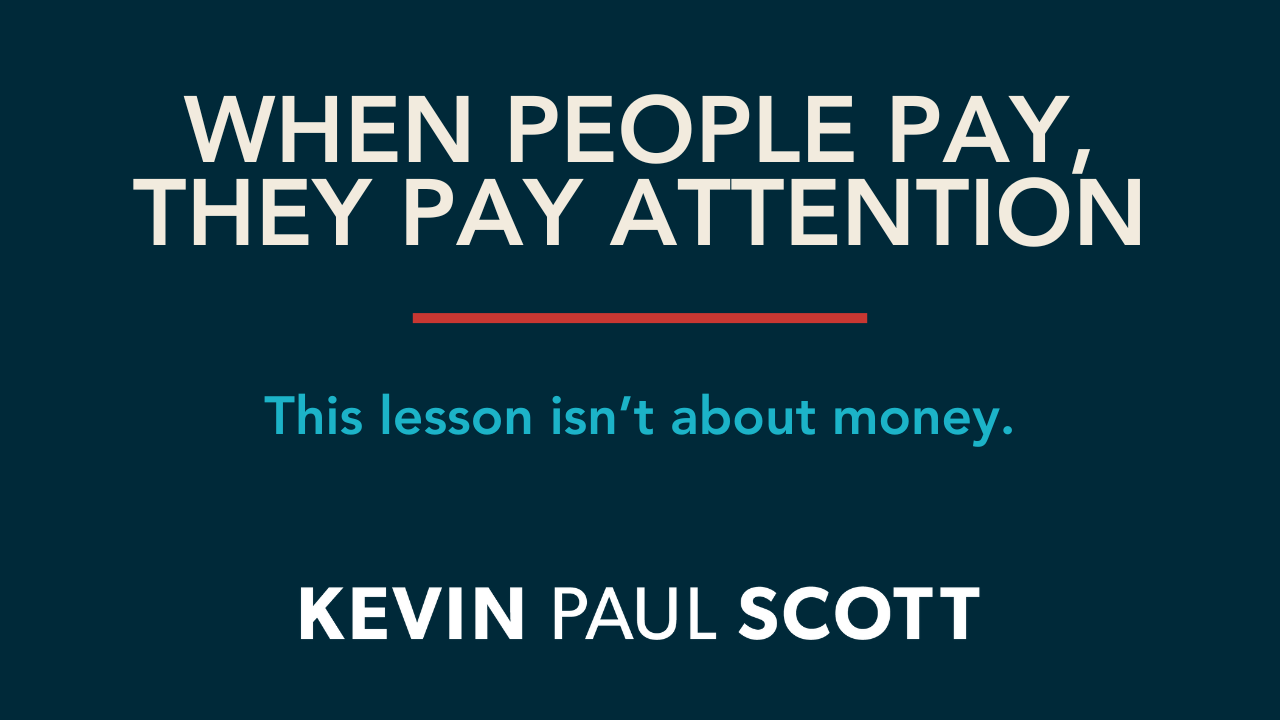Leadership will take you to incredible places—but it will also put a target on your back.
If you’ve led anything worth caring about for long, you’ve felt it. The sting of criticism. The frustration of being misunderstood. The unfair assumptions or harsh comments from people who don’t really know the full story.
But one story—one conversation, actually—has reframed how I think about criticism.
I’ve long been fascinated by C.S. Lewis, ever since I had the opportunity to visit St. Mary Magdalene’s College at Oxford, where he lived, taught, and mentored generations of students. Walking the same halls he once walked gave me a deeper appreciation for the man behind the writing—the thinker behind the theology.
And it was in that very dining hall where a moment unfolded that still speaks directly to leaders today.
During a visit to Oxford, Billy Graham, well known leader and evangelist, had a meal with Lewis. As they sat together, Lewis acknowledged something everyone already knew:
“You know, you have many critics…”
But then he followed it with this:
“…but I have never met one of your critics who knows you personally.”
That one line cuts deep.
Leadership often requires us to be visible—making decisions, taking stands, sharing messages. And visibility invites critique. That’s part of the deal.
But Lewis’s comment highlights something essential: criticism from people who don’t really know you is often more a reflection of them than of you.
People who know you—who walk with you, who have seen you in quiet moments, who know the values that guide you—they might still offer correction, but they do it with context, compassion, and clarity. They know your heart is to serve. To make a difference. To leave the world better than you found it.
That’s why one of the most powerful questions you can ask yourself when criticism comes is this:
“Do they really know me?”
If the answer is no, hold that critique loosely. Don’t ignore it—but don’t let it weigh you down more than it should.
If the answer is yes, then listen. Not all criticism is wrong. In fact, some of the hardest truths come from people who love us deeply. But even then, you’ll know it’s spoken from a place of wanting to build you up, not tear you down.
It’s easy to become jaded. To let cynicism creep in as the voices of criticism get louder. But that’s not the path of great leaders.
The best leaders I know lead with both resilience and tenderness.
They let feedback refine them, not define them.
Billy Graham didn’t let the critics stop him. And neither should you. Listen to criticism, acknowledge it, and allow it to make you better. While it can inform you, it shouldn’t shape you.
So, if you’re facing criticism today—especially from those who’ve never shared a meal with you, never walked a mile in your shoes, never stayed up late wrestling through decisions with you—remember the wisdom of Lewis:
“I have never met one of your critics who knows you personally.”
You’re not called to lead for the approval of strangers. You’re called to lead with conviction, with courage, and with a heart that genuinely desires to change the world.
Keep going.


.svg)







